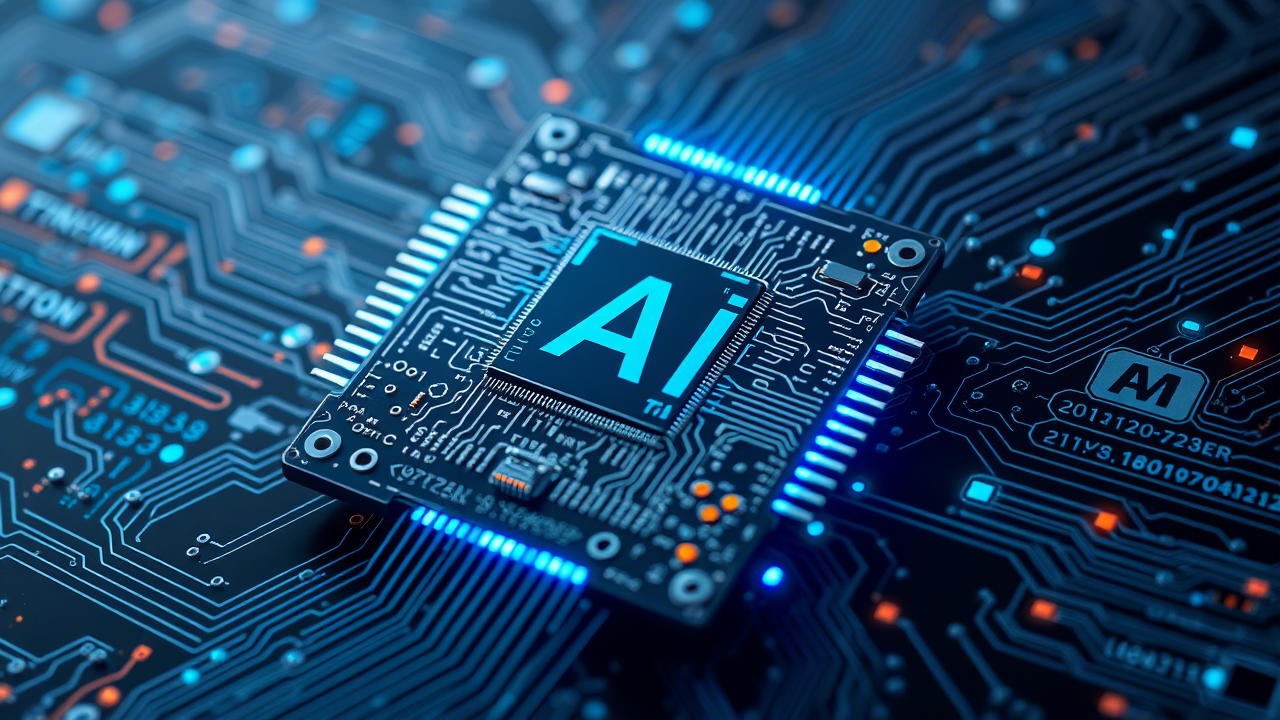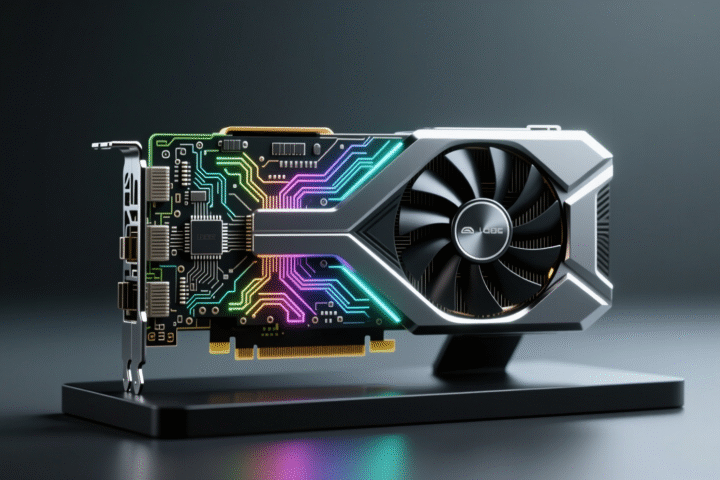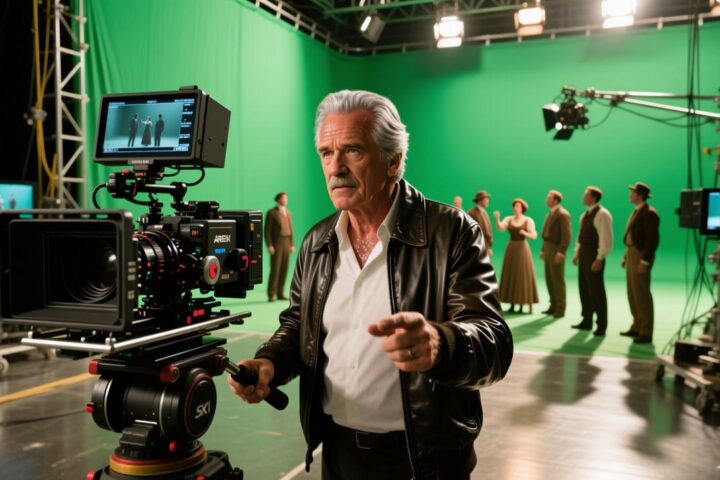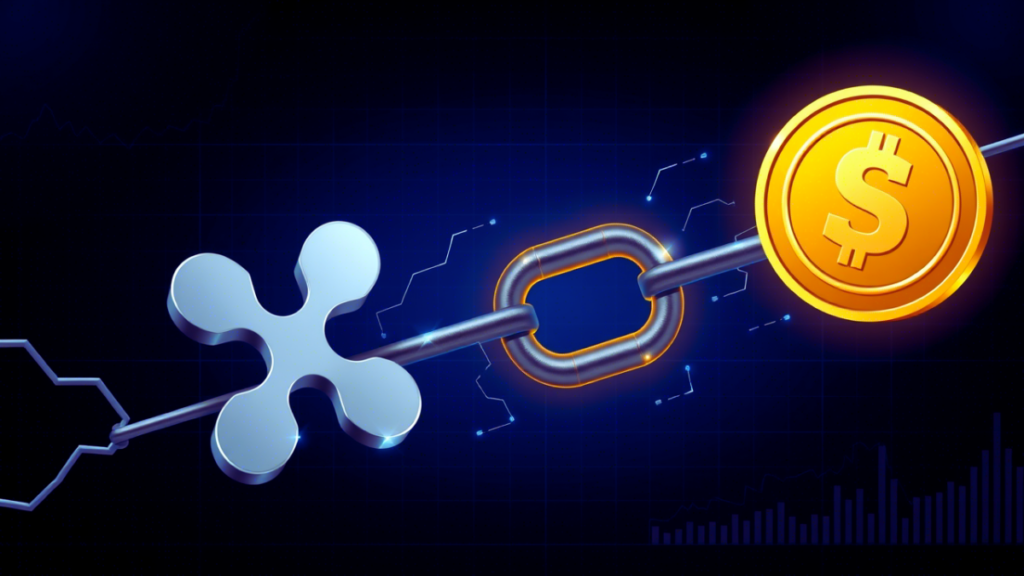The Trump administration has reportedly begun revising a Biden-era policy that restricts global access to U.S.-made AI chips, including potentially eliminating the current tiered system used to determine how many advanced semiconductors each country can obtain.
According to a report by Reuters, sources familiar with the matter have shared that the proposed changes are still being debated and may be revised. However, if implemented, they could eliminate the tiered framework, potentially allowing U.S.-made AI chips to serve as a more influential tool in international trade negotiations.
The U.S. Department of Commerce issued the Framework for Artificial Intelligence Diffusion in January, just one week before the Biden administration ended. The regulation sets out to limit the global spread of advanced AI chips by dividing access based on national security concerns.
It also imposes controls on certain AI model weights to ensure that the most powerful computing capabilities remain within the United States and its allied nations—while restricting availability to countries such as China. Companies must begin complying with the framework’s restrictions by May 15.
Related: Influencers Join Trend With AI Animals as Social Media Feeds React
Under the current U.S. export control framework, the world is split into three distinct tiers that determine access to American-made advanced AI chips. Tier One—comprising 17 nations and Taiwan—faces no restrictions and can import unlimited quantities of these chips.
Tier Two includes around 120 countries that are permitted to buy U.S. AI chips, but only in limited volumes. Tier Three, which features countries designated as national security risks such as China, Russia, Iran, and North Korea, is effectively barred from receiving the technology altogether.
This tiered approach is designed to safeguard U.S. technological advantages while maintaining strategic trade partnerships.
The Trump administration is considering replacing the tiered approach with a global licensing regime with government-to-government agreements. This potential overhaul would align closely with President Trump’s broader trade philosophy, which emphasizes bilateral deals over multilateral structures.
Related: North Korea Uses Banned Nvidia GPUs to Supercharge Crypto Theft Efforts
Additionally, the administration is considering adjustments to the threshold for exceptions to licensing requirements. Currently, orders for up to approximately 1,700 of Nvidia’s H100 chips are exempt from country-specific caps, requiring only a government notification without the need for a license.
However, sources suggest the administration may lower this threshold significantly, potentially applying licensing requirements to orders of up to 500 H100 chips. This change would tighten regulations and could impact the flow of these advanced AI chips globally.












